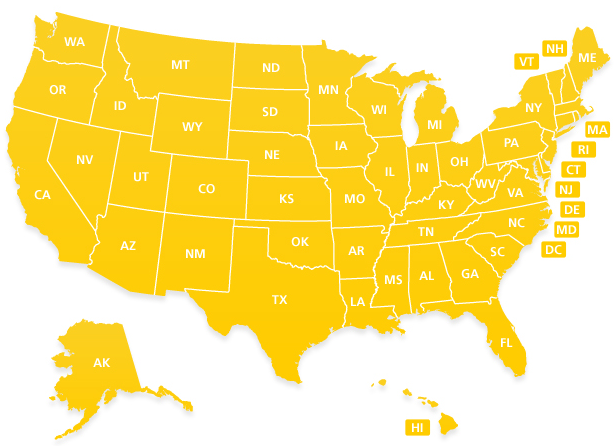
There are several ways to get on the radar of colleges and universities for performance opportunities. From contacting Student Activity Committees to attending Campus Activity Conferences like NACA and APCA to various funded and underfunded Student Groups on campuses it can seem daunting and overwhelming at first, but there is a way to streamline the process so that you are essentially wedding out the shit.
The first thing you need to do is establish who your work speaks to. I’m really over the question “Who is your audience?” because I’ve been asked it and read enough articles and blog posts that constantly harp on the question that it has lost its usefulness. So I’m reframing it into a sentence that you can reflect on and get sick of as well: Establish who your work speaks to.
If you say everyone you’re in trouble, in deep shit my friend. For example, there are plenty of communities in the Bible belt where my work would be seen as blasphemous. However, there are college towns with enough of a progressive, analytical demographic, perhaps 60 miles from these same locations, where my work would go over really well.
Whatever Annoys you, Choose the Opposite
Most often we create work about things that we are struggling with whether it be love, politics, food, family systems, et al. I’m touring and developing a trilogy on the underbelly of the self-help movement. I came to realize that the new age and self-help movements were just as dogmatic as my Catholic upbringing. I choose to embody characters that I would normally be completely irritated with so that I can gain some empathy for their point of view.
However, when it comes to my audience I had to think about people who felt similar to me not those I was lampooning necessarily (although I must say that spiritual people with a sense of humor love my work). I had read Good without God, a great book by Greg Epstein who runs the Humanist Chaplaincy at Harvard. I became Facebook friends with him and sent him a message telling him how much I enjoyed his book and asked about the possibility of performing excerpts of my show Losing My Religion: Confessions of a New Age Refugee for his congregation.
Congregation is a weird way to describe a bunch of Secular Humanists who run the gamut of agnostics, atheists and unidentified skeptics. He was intrigued and asked me to send him a video. I did and was asked to perform at their small center in Cambridge.
Greg posted something on Facebook about how much he enjoyed my performance and tagged several organizations such as the Center for Inquiry, the Secular Student Alliance and the American Humanist Association in the post recommending that they hire me. This was huge because I was getting a shout out from one of the main voices in the Secular Humanism community.
Getting on a Speaker’s Bureau
I was immediately asked by the Center for Inquiry to be on their Speakers Bureau. I followed up with the Secular Student Alliance and went through the process of doing the same. These membership organizations have campus groups throughout the country who are constantly looking for speakers to come to their campus and discuss current issues.
Although I would be performing rather than speaking per se, it provides a direct line of contact with key decision makers in student groups who are excited and driven by what I’m doing. In other words, my work speaks to them. They’re already on board with what I’m doing, they just have to know I exist.
Being on these bureaus doesn’t create automatic gigs. I still have to do outreach but I can point out that I’m on both bureaus so that the groups can work in tandem together to promote the show and split my fee. I can ask if there might be other student groups, faculty or departments they know of that might be interested in co-sponsoring the performance. It’s work, it’s research but it can lead to relationships that expand your audience and create more buzz about your work.
Finding the Organizations that Best Represent You
For me, at this point in the game, it’s best if I target secular and progressive spirituality organizations. So I’m contacting orgs that fit into the parameters that make the most sense. Unitarian Universalists and Secular Humanists tend to enjoy my shows but I’ve also been approached by psychologists and philosophers asking if I ever have done my work for their associations. Nope, but thanks for the lead!
If you aren’t sure who your target audience(s) are then ask your friends and fans who they think responds best to your work. This isn’t about preaching to the choir. The role of art is to broaden our understanding of the human condition and there are many takes on the wisdom and neurosis that make us who we are. Finding the support systems that will help launch your work will not only create a larger audience for you but will eventually broaden the scope of who those people are.
There’s this great thing called Google. Start there and also put it out to your friends via twitter and facebook with a simple question like “What membership organizations do you think would be excited about my work?” You’ll be amazed by responses you never thought of, that can lead you in directions that can give you a stronger foundation as performer and change agent.
Get specific and then get to work.